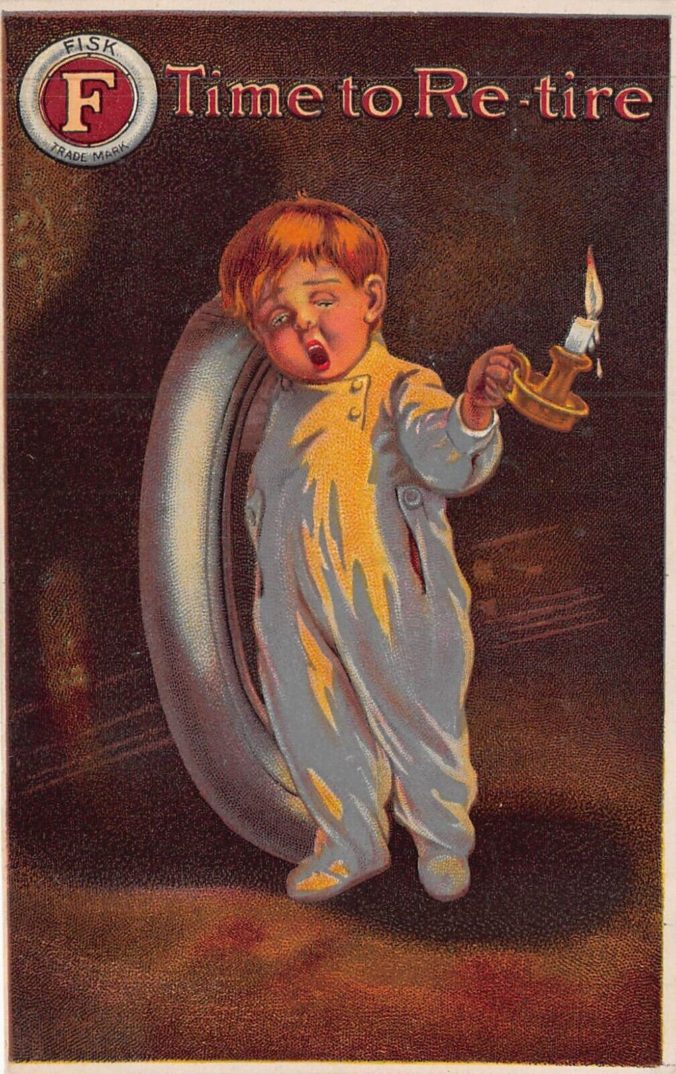I never asked my friend Dick Leitsch when it was time to retire from activism. But he did tell me when he decided to retire.
Dick was 40 years old and the gay liberation movement had changed in ways he didn’t like. It went down a radical path to which Dick himself had opened the door, but didn’t want to pass through. By the time he turned 40, Dick felt that he was part of a different generation from the young activists who arose in the wake of Stonewall.
Generations theorists would agree with Dick. They’d call him a Silent Generation guy, while activist groups were led by young, upstart Boomers.
As for me, I recently turned 41. And I’m thinking through some of the same issues Dick worked through about a half century ago. When is it time to retire from activism? Is it time for me to do so? If so, what does that look like? Is there no place in activism for people over 40?
Differences from Dick
Though Dick respected gay liberationists, he thought they were too radical. At the heart of it, Dick’s politics were always about free speech, social acceptance, and economic progressivism. Dick wasn’t a radical, and he knew he wasn’t a radical. He was no radlib. Dick thought the post-Stonewall generation pushed things a step or two too far, risking a backlash that would harm all LGBTQ people.
But that’s not quite how I feel about young activists today. Young activists aren’t too radical, at least not exactly. In some respects – especially concerning the basic economic reality and class structure under which we live – they’re not radical enough. They’re not really criticizing the class system in a fundamental way, and even when they are, they don’t emphasize it in their activist work.
Anyone under 35 years old in 2024 was raised in a world that taught them there is no alternative to capitalism. This pushed them to express their radicalism in other ways. Rather than trying to build a base of workers and tenants across racial lines, they focus on things like prison abolition, police abolition, building non-profits, or other potential routes to a new world.
It’s possible to employ such a focus from a socialist perspective, but that’s not how they’re doing it.
More than anything, though, I’ve found that young activists are really good at talking in a way that seems radical. I recently characterized this as the left’s ‘linguistic idealism.’ They think they can change the world via language and popular culture. But this isn’t effective, and it doesn’t take us much closer to a transformed world.
Similarities to Dick
Despite the differences, much like Dick, I’ve found plenty of frustrations with the next generation of activists. I collected some of this material at the beginning of the year in a post called ‘The Frustrations of College Town Activism.’ In that post, as in this one, I pointed out how they lack any commitment to class politics. They can even mouth the right words – socialism, working class, and so on – but they’ve lost the art of how to practice it.
Over the last few years, I’ve moved into more of a mentor role rather than a leader role. But while I’ve tried to mentor as well as I can, I haven’t found a lot of success.
Before I decided to join DSA in 2017, I was already kicking around the idea of retiring from activism. DSA lengthened my activist phase by a number of years. I’m thankful for that, and I plan to retain my DSA membership, even if the org still has its problems.
But even those extra years have probably run their course. I’ll keep thinking and writing about political issues, including activism. But I suspect my phase of extended direct involvement is at an end.
At around the same age as my friend Dick.
